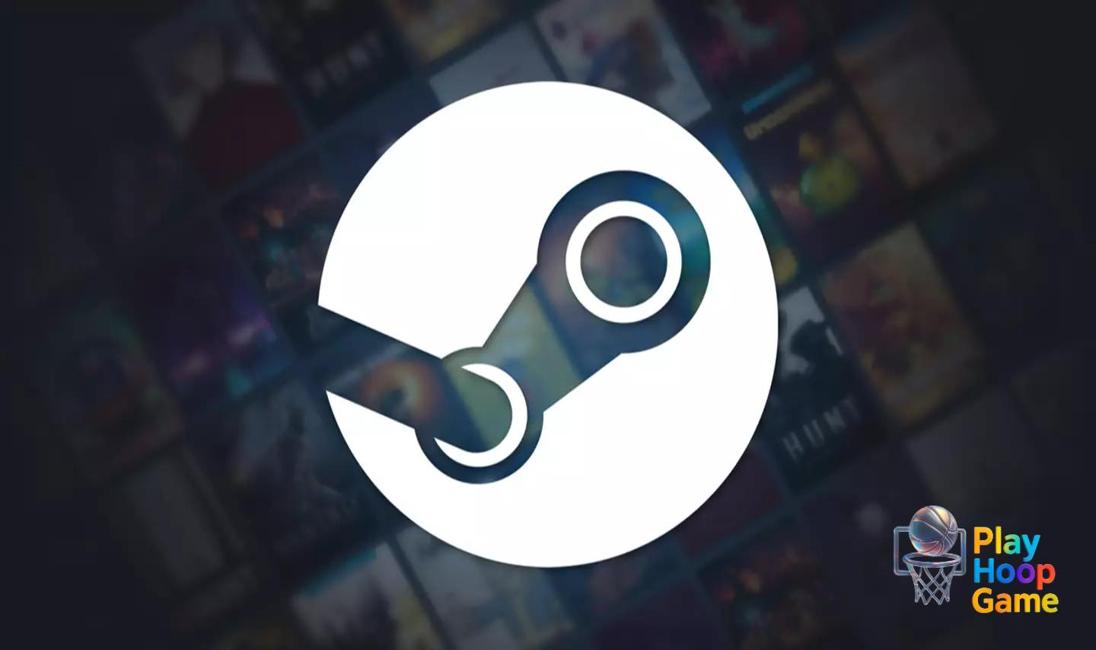```html
Steam Just Did What?! Making Games Vanish
Okay, gamers, let's have a chat. You know how much we love Steam, right? All those games at our fingertips, sales that make our wallets weep with joy (and our backlog groan), and the sheer convenience of it all. But… there's a storm brewing. A quiet one, maybe, but a storm nonetheless. A storm that could leave a lot of games… well, unplayable. Steam just made thousands of games unplayable for millions. I know, I know, dramatic, right? But hear me out. It all boils down to something called… well, it’s complicated. DRM (Digital Rights Management). Think of it as the bouncer at the exclusive club that is your gaming library. Usually, it's just doing its job, making sure the right people (you, the paying customer) get in. But what happens when the bouncer gets a little… overzealous? Or, worse, what happens when the club closes down entirely?
The DRM Deep Dive (and Why You Should Care)
See, the frustrating thing about DRM is that it's supposed to protect developers from piracy. Fair enough, right? They deserve to get paid for their hard work. But in practice, it often punishes legitimate consumers. DRM can limit the number of devices you can install a game on, require constant internet connections (even for single-player games!), and, crucially, rely on servers that won't be around forever. Here's the thing: those servers are going away. I initially thought the problem was just aging software that was no longer supported, but after digging deeper, the issue is more foundational. It's about the reliance on external activation servers. When those servers shut down (and they will shut down, eventually; companies go bankrupt, priorities shift, technology marches on), the games that rely on them become… well, bricks. Digital bricks, sitting in your Steam library, mocking you with their unplayability. Talk about a bummer. And it’s not just obscure indie titles, either. We're talking about potentially thousands of games, including some pretty big names, that are at risk. We may also see the game gone from the store entirely, with no way to play it again. Remember that game you bought on sale years ago and never got around to playing? Yeah, that one might be on the chopping block. That really is a bummer, and frankly, a little concerning.
But Is Steam Entirely to Blame?
Here's where it gets tricky. Steam isn't necessarily making these games unplayable. The developers and publishers who chose to implement these restrictive DRM schemes in the first place are the ones ultimately responsible. Steam is just the platform. But, let’s be honest, you might be wondering what Valve is planning to do about this. Actually, that’s not quite right. Steam does have some responsibility here. They curate the platform and set the rules. And while they’ve made strides in recent years with things like Steam Play (allowing you to buy a game once and play it on multiple operating systems), they haven't really addressed this looming DRM time bomb. Think about it this way: Steam is like a landlord who rents out apartments. They're not responsible for the tenants' bad behavior (in this case, the developers' DRM choices), but they are responsible for maintaining the building and ensuring its long-term viability. And letting thousands of apartments become uninhabitable kind of defeats the purpose, right? It’s worth remembering that Steam has made games disappear before, as covered in this article.
What Can We Do About It? (Besides Panic)
Okay, so what can we do? Well, first, educate yourself. Check which games in your library have particularly onerous DRM. There are resources online that track this sort of thing. Second, support developers and publishers who don't rely on invasive DRM. Vote with your wallet, as they say. And third? Well, this is where it gets a little… tricky. There are, shall we say, unofficial ways to remove DRM from games. I'm not going to endorse or condone such activities (and you should be aware that they may be illegal in your jurisdiction), but I'm also not going to pretend they don't exist. Do your research, tread carefully, and be aware of the risks. It’s definitely something to consider. Maybe it’s time to start looking into legal emulators. Oh, and here's some great info about us! Ultimately, this DRM situation is a reminder that digital ownership is a bit of an illusion. We don't own these games; we license them. And those licenses can be revoked, expire, or simply become unusable when the underlying infrastructure disappears. It's a scary thought, but it's one we need to be aware of. Especially, as games have been disappearing from digital stores without a way to play them again.
FAQ: Your DRM Doomsday Questions Answered
How do I know if a game has particularly nasty DRM?
That's the million-dollar question! Unfortunately, Steam doesn't always make this information readily available. You might need to do some digging online, check forums, or read reviews to see if other players have reported DRM issues. Look for terms like "always-online DRM" or mentions of activation limits. GOG is a great resource to check out, as they pride themselves on DRM-free games.
Why don't developers just remove DRM after a few years?
That's a fantastic question, and one that I wish I had a definitive answer to. There are a few potential reasons. Sometimes it's simply a matter of resources; the original developers may have moved on, and the publisher doesn't want to invest the time and money in updating the game. Other times, it might be a legal issue; the DRM technology might be licensed from a third party, and the terms of the license might prevent its removal. And, let's be honest, sometimes it's just laziness or a lack of caring on the part of the publisher.
Is Steam doing anything about this? Should they?
As far as I'm aware, Steam hasn't made any official announcements about addressing this specific issue of games becoming unplayable due to defunct DRM servers. Whether they should do something is a more complicated question. On the one hand, they could argue that it's the responsibility of the developers and publishers. On the other hand, they're the ones hosting these games on their platform, and they have a vested interest in ensuring the long-term viability of their ecosystem.
Will all my Steam games eventually become unplayable?
Thankfully, no. The vast majority of Steam games don't rely on invasive DRM schemes that require constant server connections. The issue primarily affects older games or games from publishers who were particularly zealous about anti-piracy measures. But it's still a significant problem, and it's one that deserves our attention. Steam just made thousands of games unplayable for millions, remember that.
Isn't there a way to back up my games so I can play them offline, regardless of DRM?
Steam does offer a backup feature, but it doesn't necessarily bypass DRM. The backed-up files may still require activation or online authentication to play. It's more of a safeguard against data loss than a DRM workaround. It really boils down to which DRM service they use. Games that run through Steam don't always require an external service. But with so many Steam games disappearing, we can always hope.
What about GOG? Are their games safe?
GOG (Good Old Games) is generally considered a much safer bet when it comes to long-term playability. They have a strict policy of selling DRM-free games, which means you can download and play them offline without having to worry about activation servers. That said, it's always a good idea to double-check the specific game you're interested in to make sure it's truly DRM-free. ```

























